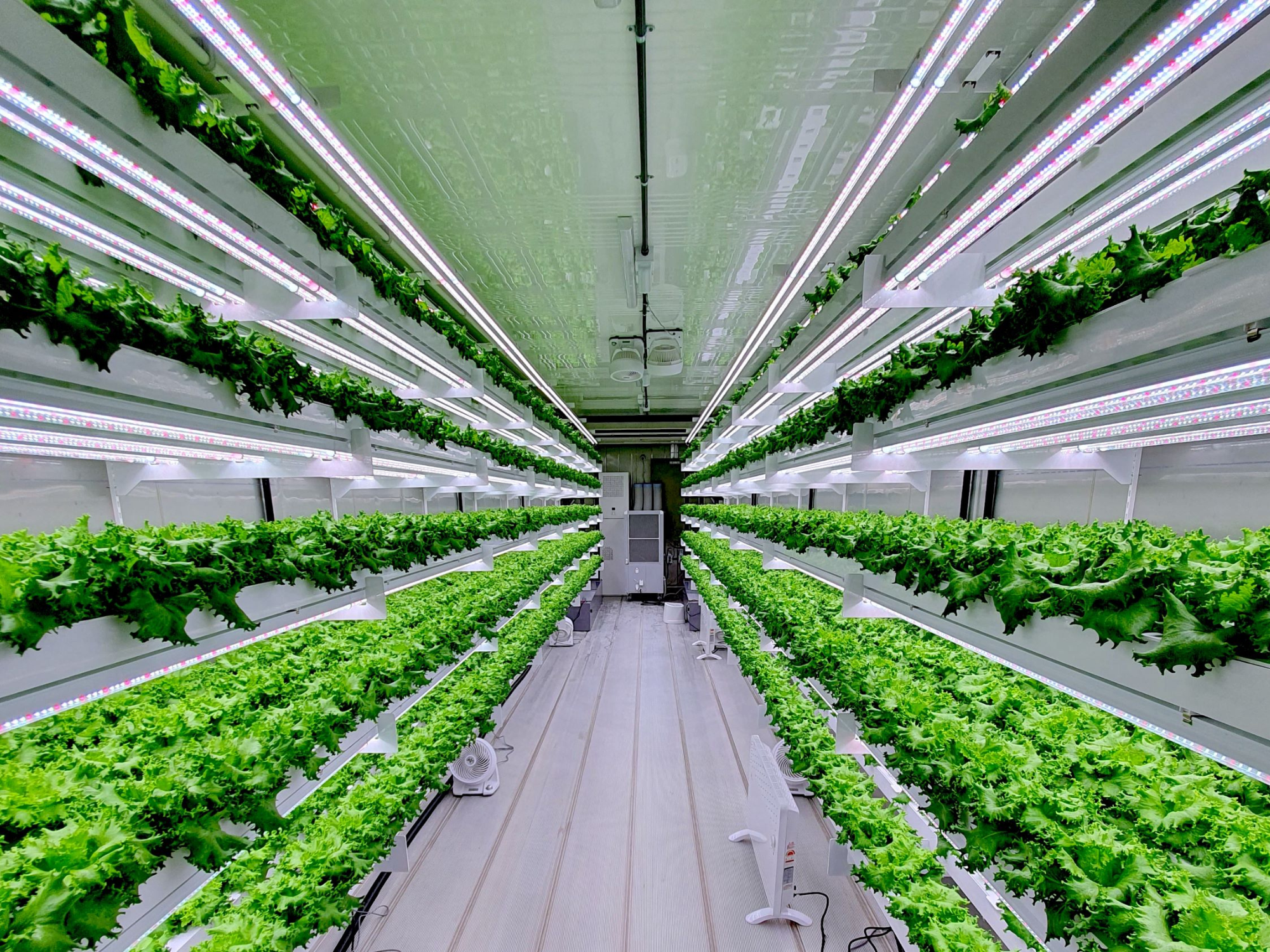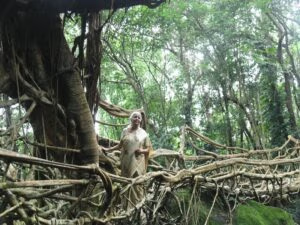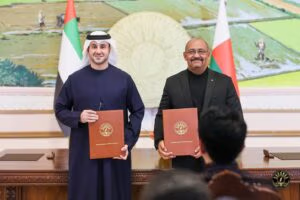Young entrepreneurs across the UAE, are looking towards a more sustainable future, and addressing problems related to the local landscape, in particular – water.
One of the pioneer initiatives within the field is executed by Merlin Farms. Originally founded in 2018 at the Sharjah Research Technology and Innovation Park (SRTIP) and now relocated to Dubai Maritime City, the institution has been instrumental in catering solutions to the Middle East’s water scarcity issues and contributes to safeguarding the region’s food security as well.
The firm uses a combination of aquaculture and hydroponics, which enables plants to grow by virtue of utilizing fish waste in soil that acts as a fertilizer.
Explaining this concept further was Sharad Bachani, who said, “The nutrient-rich water from the fish tanks is utilized by the vegetables that grow directly with their roots in the water, thereby cleansing it. This circularity of the system saves water compared to hydroponic and soil-based farming. We thus have two end products for sale: vegetables and fish.”
Bachani added, “The Merlin Commercial Aquaponic System, currently enables the cultivation of “highly in-demand” crops such as spinach and kale. Our commercial farming systems allow for crops to be harvested daily to meet market demand, starting from half a ton produced per day using multiple fish tanks.”
“Aquaponic farming requires very less water as compared to soil-based farming as well as hydroponic farming, and our modulated system can be duplicated for expansion, allowing an easy increase in size as the business grows,” concludes Bachani.
Another name to reckon with in this pioneering technique is Badia Farms brain child of Saudi founder, Omar Al Jundi who had built the region’s first vertical farm in Al Quoz, Dubai. Badia Farms which grows plants indoors in stacks, placed vertically, and also uses hydroponic technology to grow plants without sunlight, soil, or pesticides and with 90 per cent less water. It currently sells micro-greens and herbs to local restaurants and caterers.
With unique solutions catered towards distinct issues, many younger entrepreneurs and others of the like are focusing their efforts towards a long-term solution across the region.






